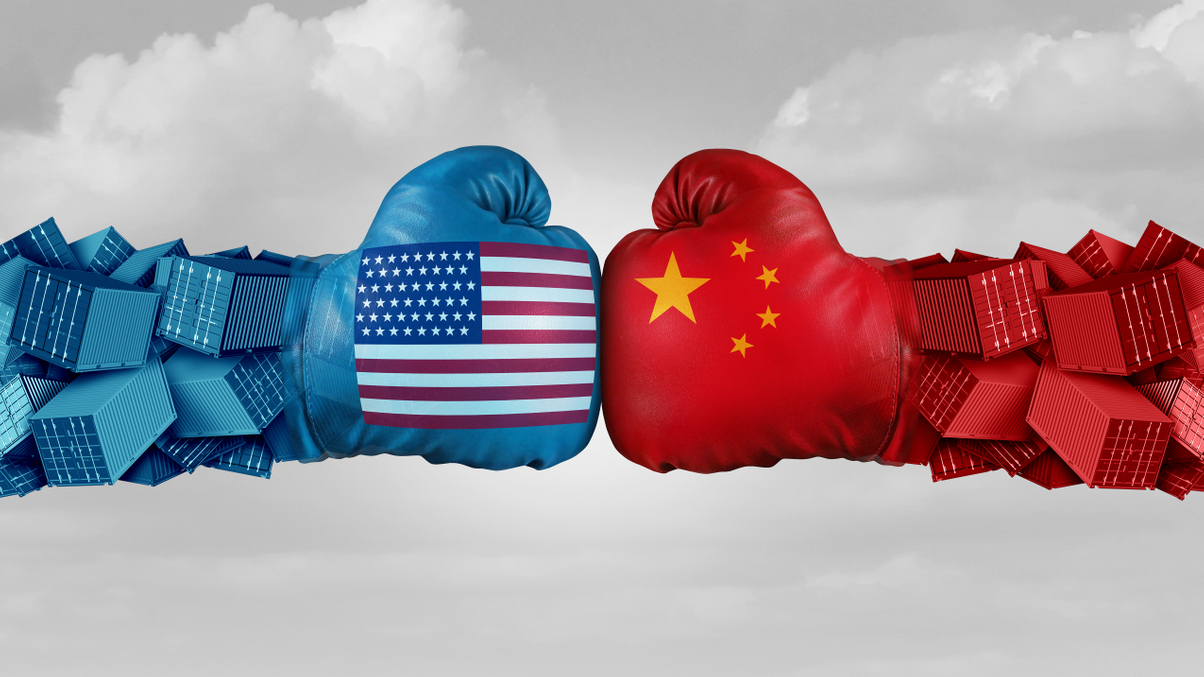Why China could win the trade war
With technology transfer at the heart of the trade dispute between the US and China, Asian observers give their views on what the Xi-Trump meeting will ultimately mean for China.

In the run-up to this weekend's summit meeting between Chinese President Xi Jinping and US President Donald Trump, opinion over who will truly win the trade war is polarised.
Sign in to read on!
Registered users get 2 free articles in 30 days.
Subscribers have full unlimited access to AsianInvestor
Not signed up? New users get 2 free articles per month, plus a 7-day unlimited free trial.
¬ Haymarket Media Limited. All rights reserved.


